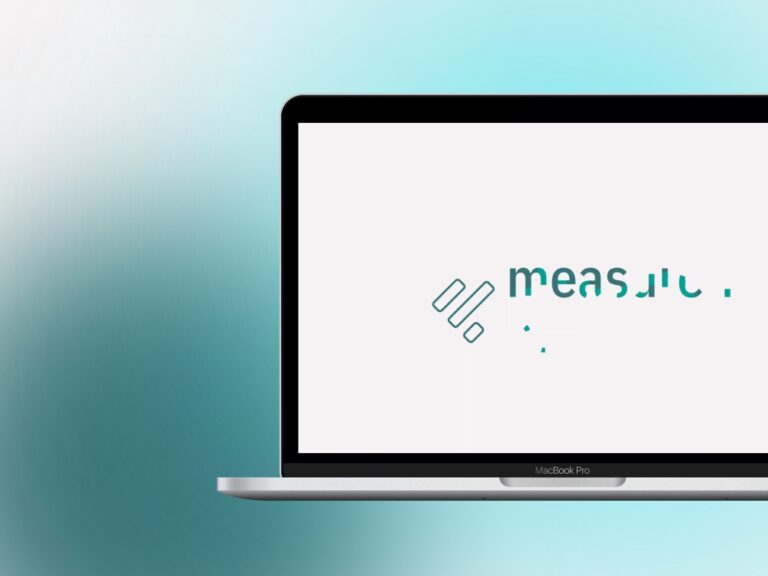The UK Data (Use and Access) Act 2025: What You Actually Need to Know
The UK has new data protection laws. Again. But before you start panicking about another massive compliance overhaul, take a breath. This isn’t GDPR 2.0 – it’s more like GDPR 1.1. The Data (Use and Access) Act 2025 became law on 19 June 2025¹, and while it sounds scary, most small and medium businesses won’t …









